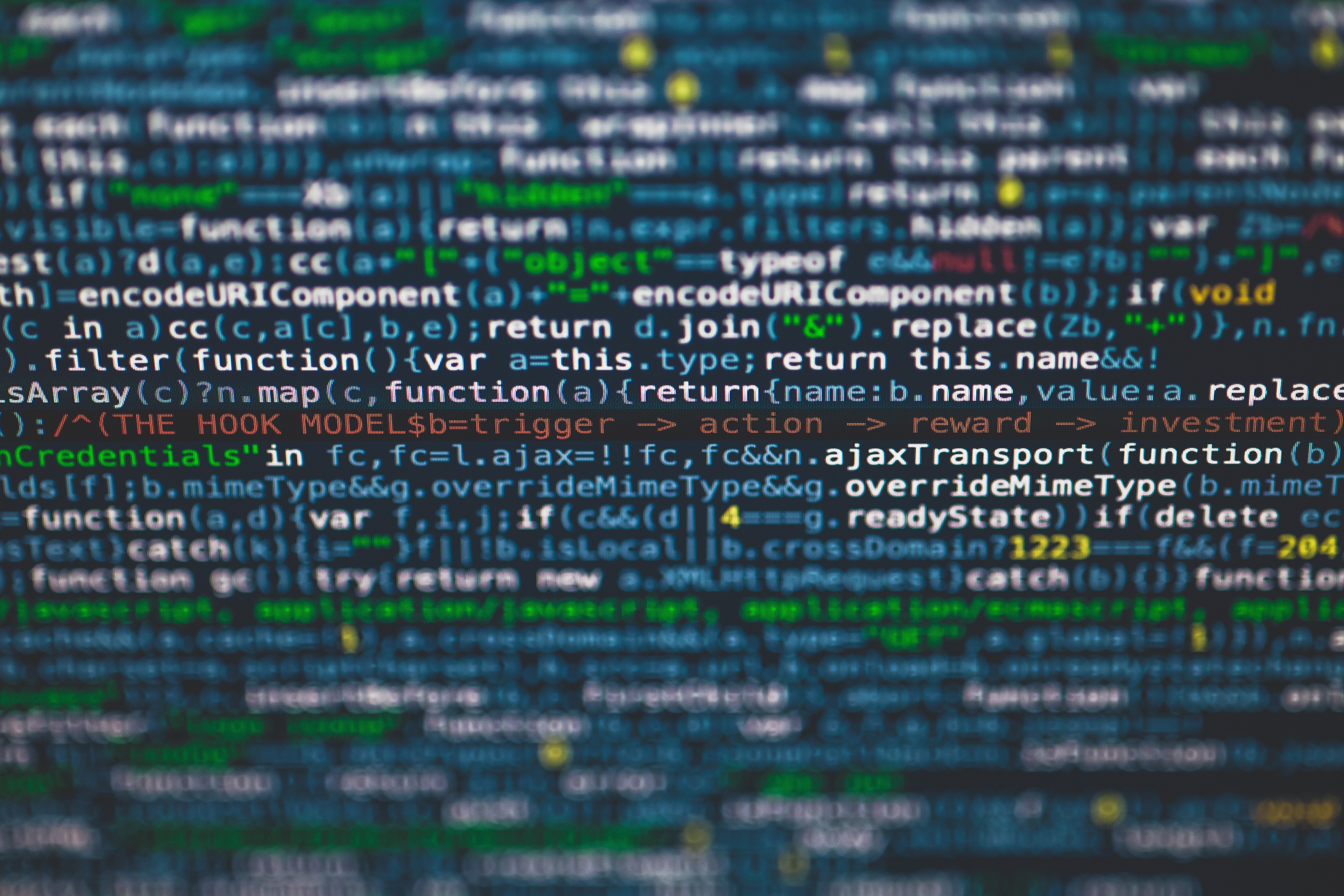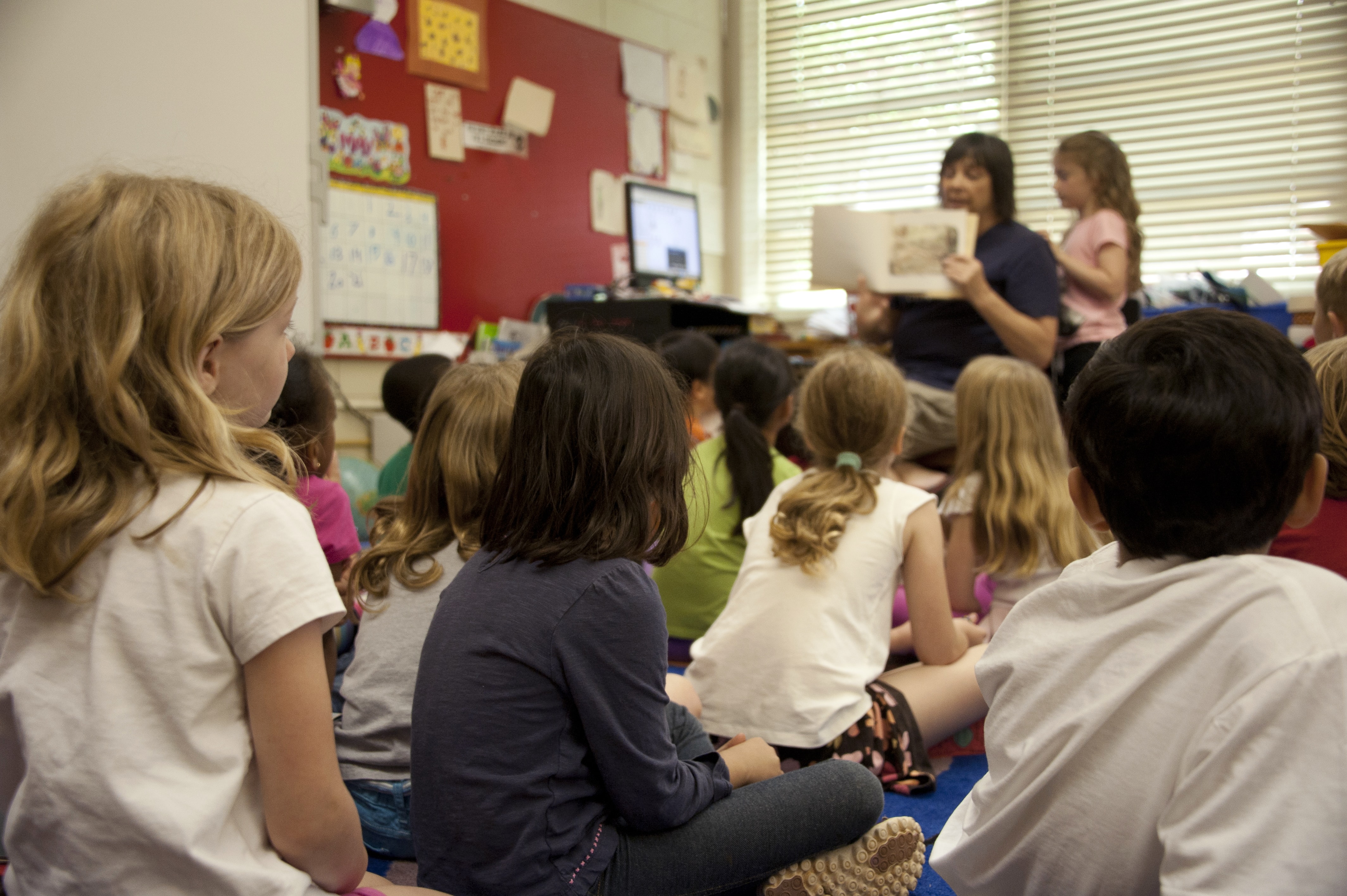On Tuesday 8 February 2022, three members of the Institute of Cyber Security for Society (iCSS), Director Professor Shujun Li, Postdoctoral Research Associate Dr Rahime Belen Sağlam and PhD student Sarah Turner, delivered five one-hour-long sessions to pupils in Years 3-8 at St Edmund’s School in Canterbury. This event formed part of iCSS’s outreach activities and the 2022 Safer Internet Day activities of St Edmund’s School.
Three of the five sessions were delivered by Sarah Turner for Year 6-8 pupils, focusing on the topic of risks related to sharing personal data online. In each session, Sarah guided the pupils through a series of questions based on their experience of playing video games and online platforms:
- How much personal data did they provide to these systems?
- Were they comfortable with that?
- Did they notice being nudged into doing things that they had not intended to do, e.g., providing more personal data, spending money, and playing online with strangers?
The other two sessions were delivered to pupils in Years 3-5. They were designed to introduce pupils to the concept of misinformation, and to teach them how to rely on experts to judge whether a piece of information is trustworthy or not. The sessions also covered deepfakes as a special type of misinformation, and introduced some other different but related concepts to pupils including disinformation: “little white lies parents tell kids” and “lies science communicators tell kids to explain complicated scientific concepts”.
Each of the sessions involved three interactive games (two physical and one computer-based), which the children played enthusiastically. Professor Shujun Li and Dr Rahime Belen Sağlam each delivered one session.
Sarah said: ‘It’s great to be able to engage with pupils directly about topics that are clearly a huge part of their lives. Being able to have that time to pose questions to them about how the software, apps and devices they use every day capture their personal data is a helpful way to spark interest, and raise awareness of topics that are typically not given much thought.’
Dr Sağlam said: ‘The internet is filled with misinformation. The session revealed to us that young kids are indeed exposed to different types of misinformation, so we urgently need to do something. We were very pleasant to see that complicated concepts like misinformation and disinformation can be introduced to young kids so that they can better understand when and from whom they can seek help.;
Professor Li said: ‘At iCSS, we have been increasing our outreach activities on cyber security and online safety education. It is our belief that such education should start as early as possible, even before kids start formal education at school. This is the second time we helped St Edmund’s School on Safer Internet Day, and we hope to support more schools, teachers, parents and pupils on such activities in the future.’
More about what we do at iCSS can be found on our website https://cyber.kent.ac.uk/
More about outreach activities of iCSS can be found at https://research.kent.ac.uk/cyber/outreach/
If you need any help or are interested in collaborating with iCSS on cyber security research, education and innovation, please contact us at cyber-info@kent.ac.uk

